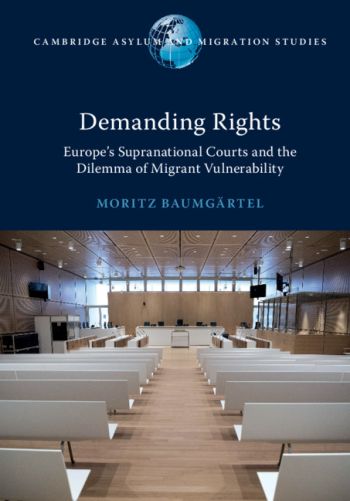We will be closed from 5pm Thursday 17th April for the Easter Bank Holidays, re-opening at 8.30am on Tuesday 22nd April. Any orders placed during this period will be processed when we re-open.

While nominally protected across Europe, the human rights of vulnerable migrants often fail to deliver their promised benefits in practice. This socio-legal study explores both the concrete expressions and possible causes of this persistent deficit. For this purpose, it presents an innovative multifaceted evaluation of selected judgements of the European Court of Human Rights and the Court of Justice of the EU pertaining to such complex questions as the protection of persons fleeing from indiscriminate violence, homosexual asylum seekers, the Dublin Regulation, and the externalisation of border control. Highlighting the demanding character of migrant rights, the book also discusses some steps that could be taken to improve the effectiveness of Europe's supranational human rights system including changes in judicial and litigation practice as well as a reconceptualization of human rights as existential commitments.